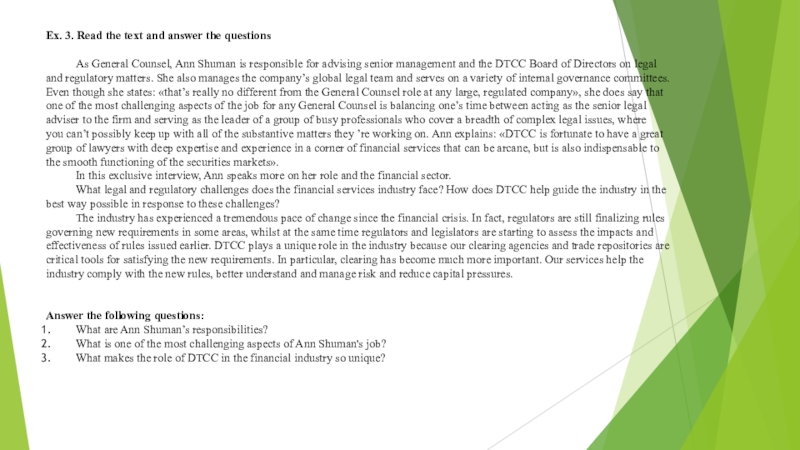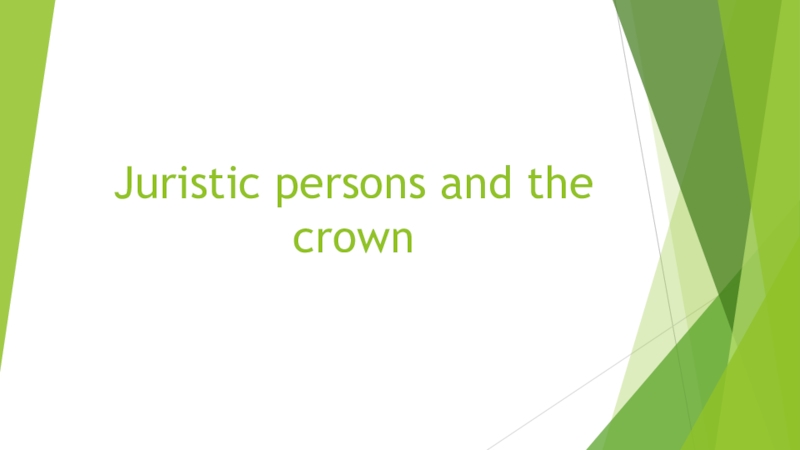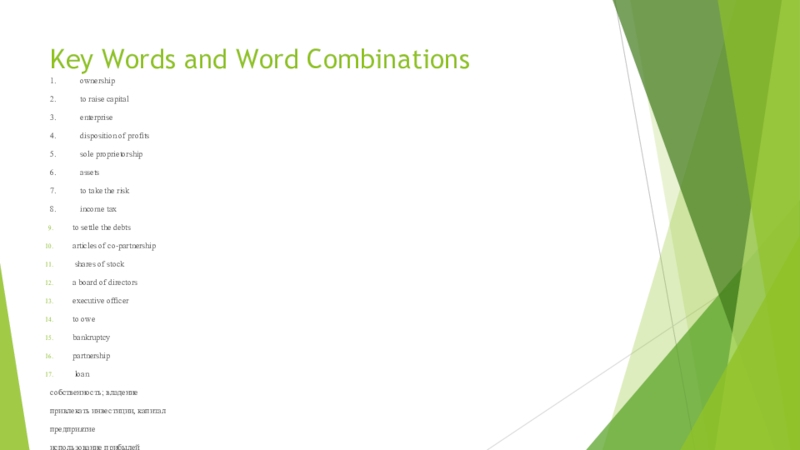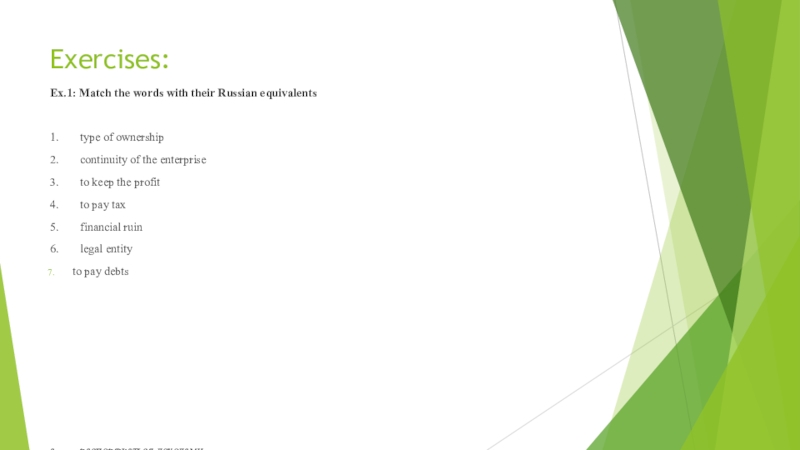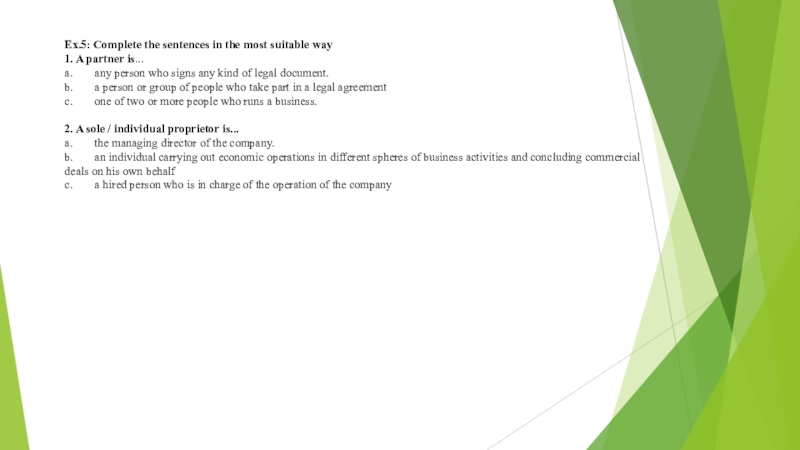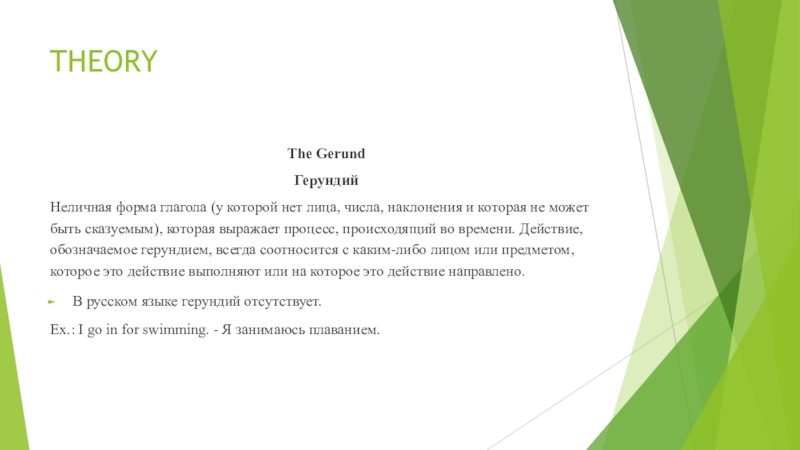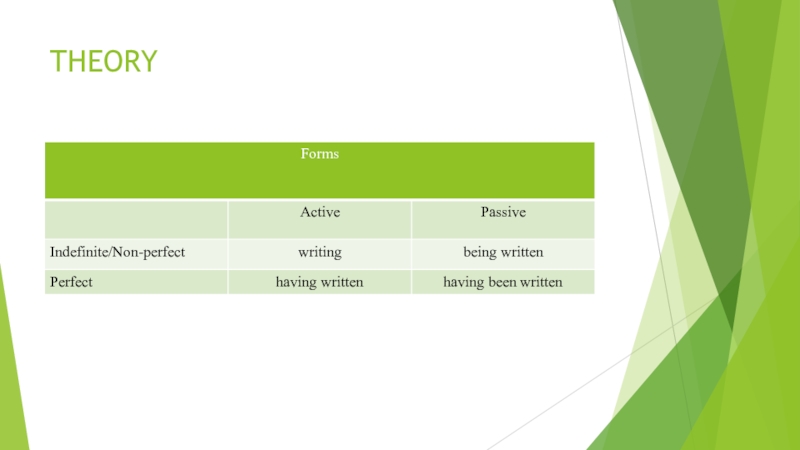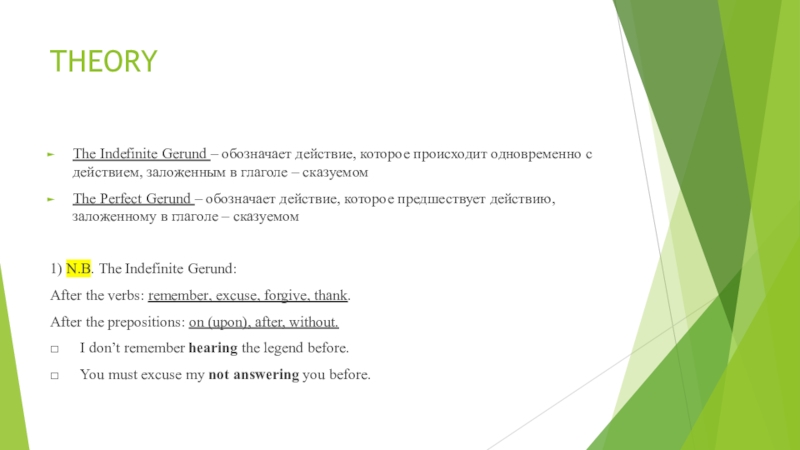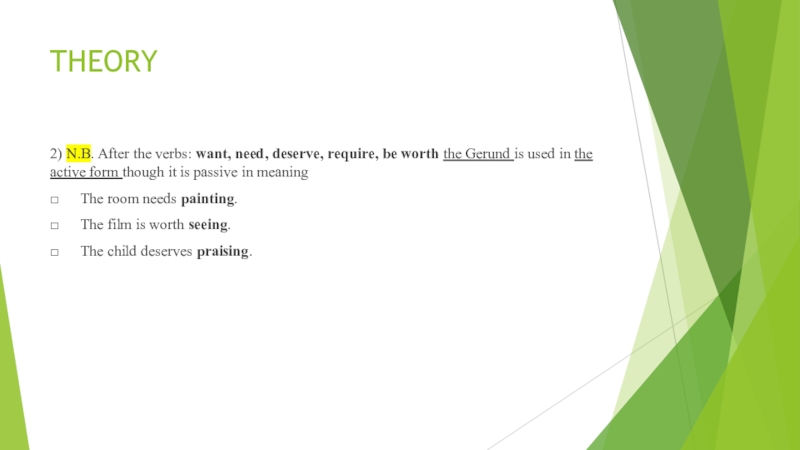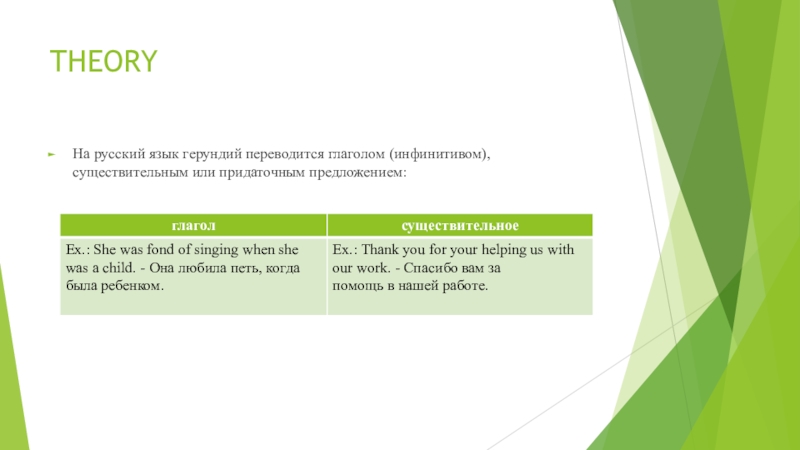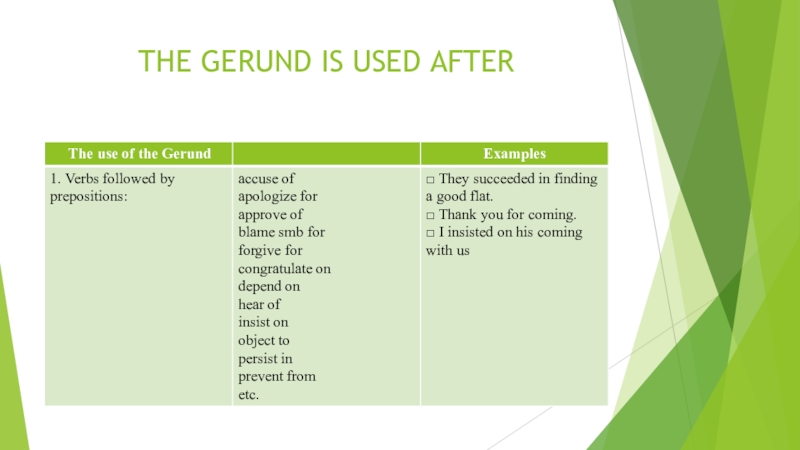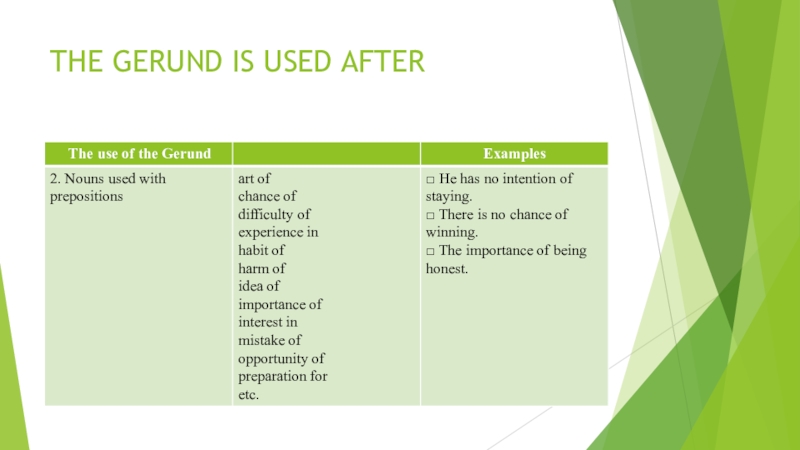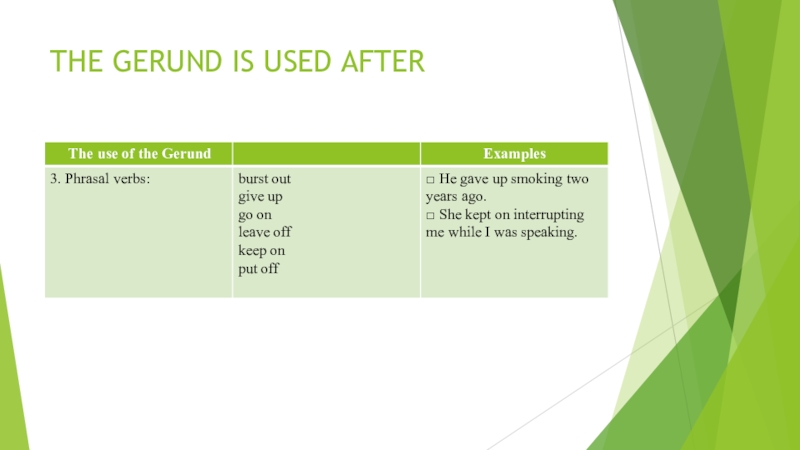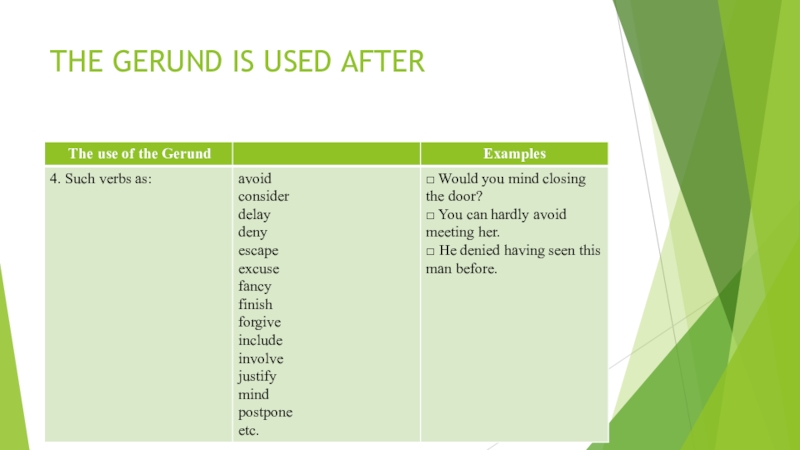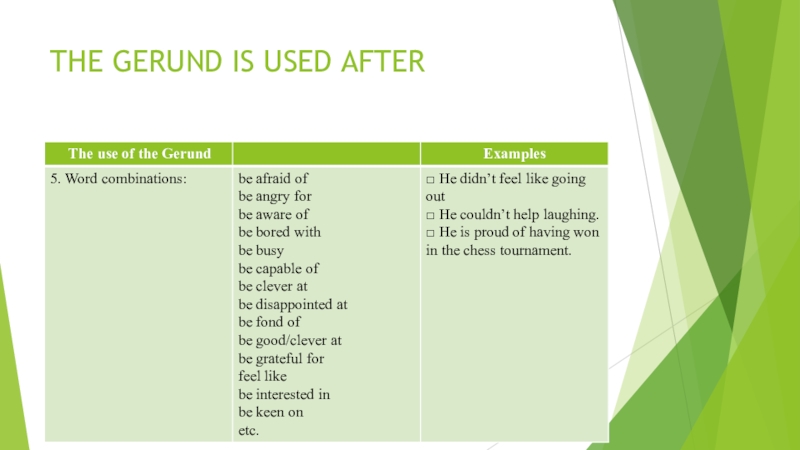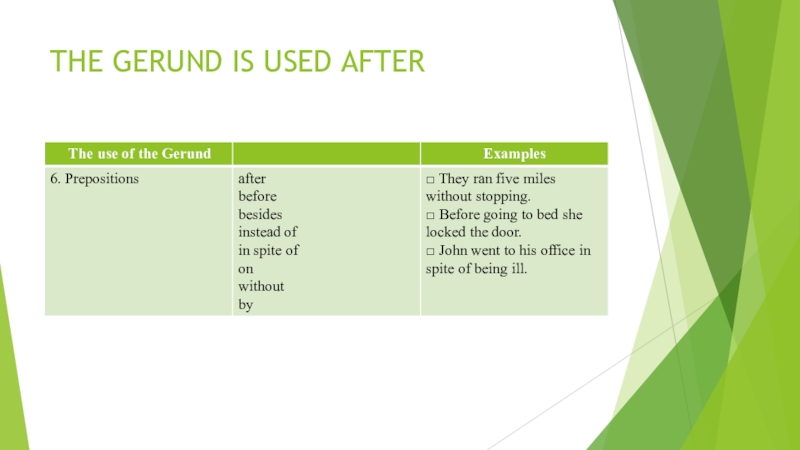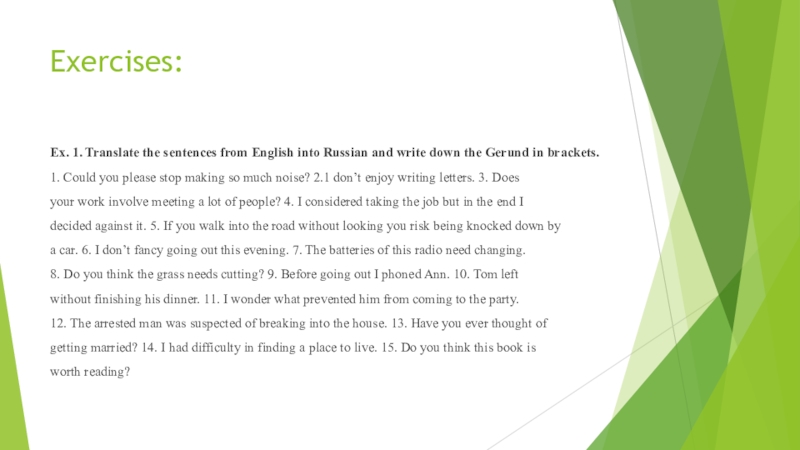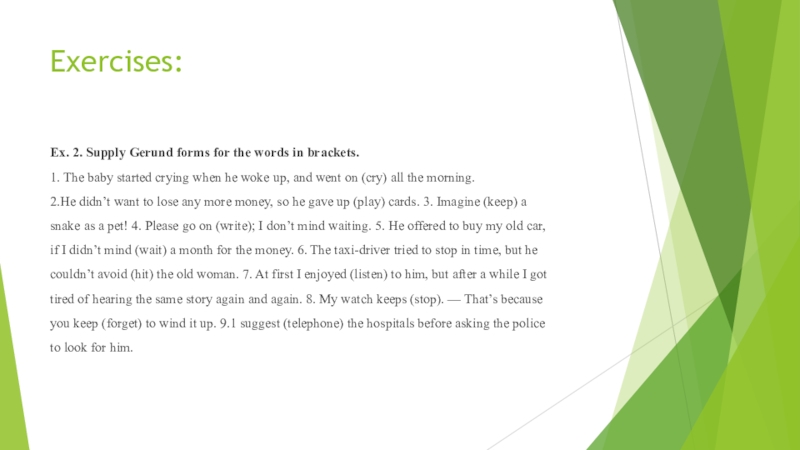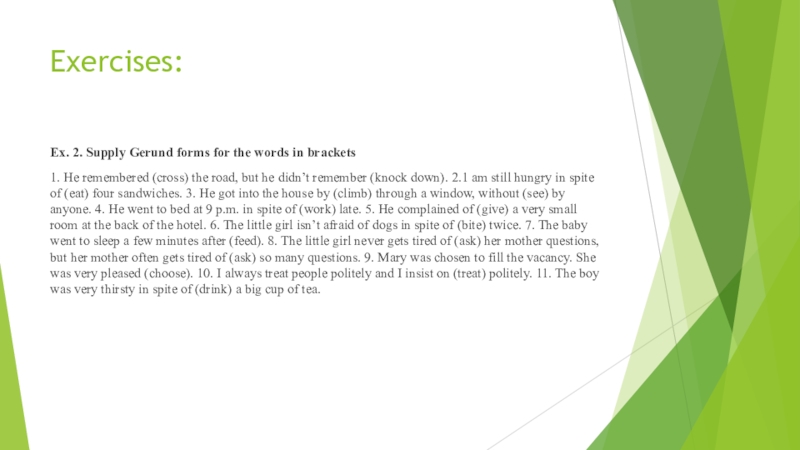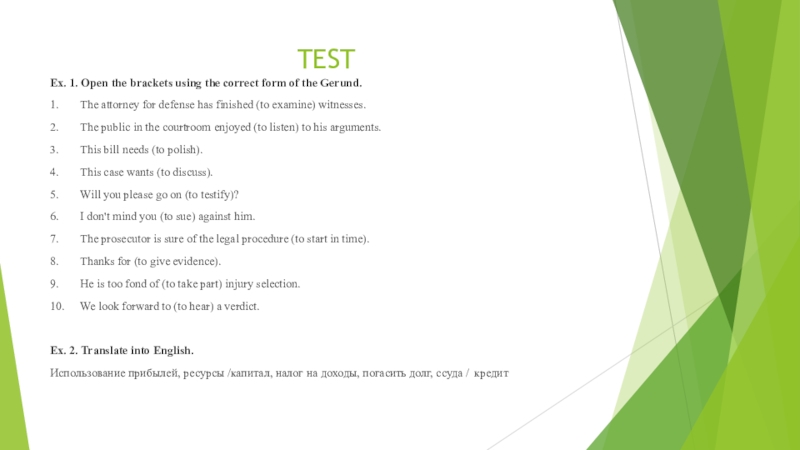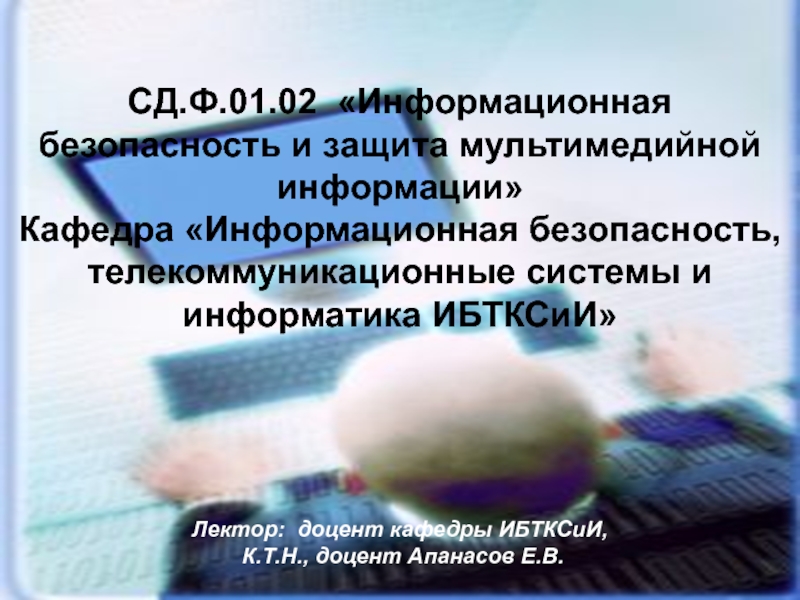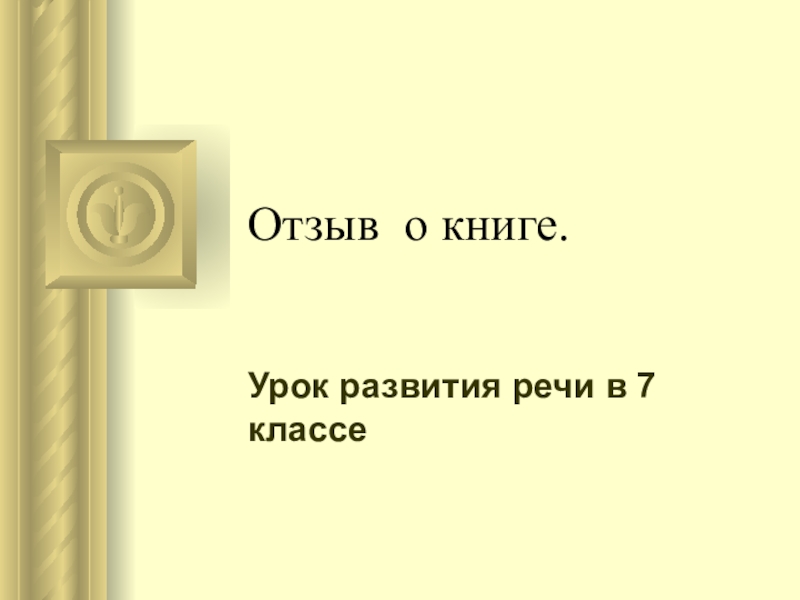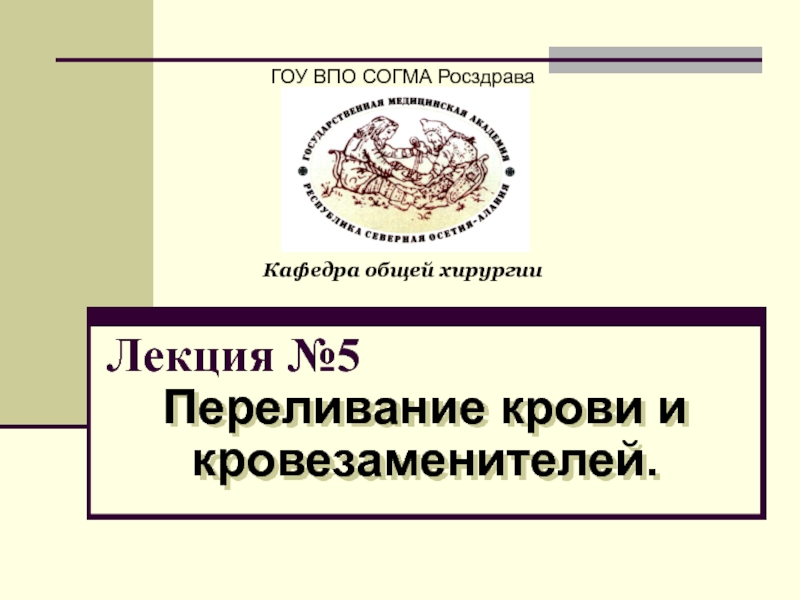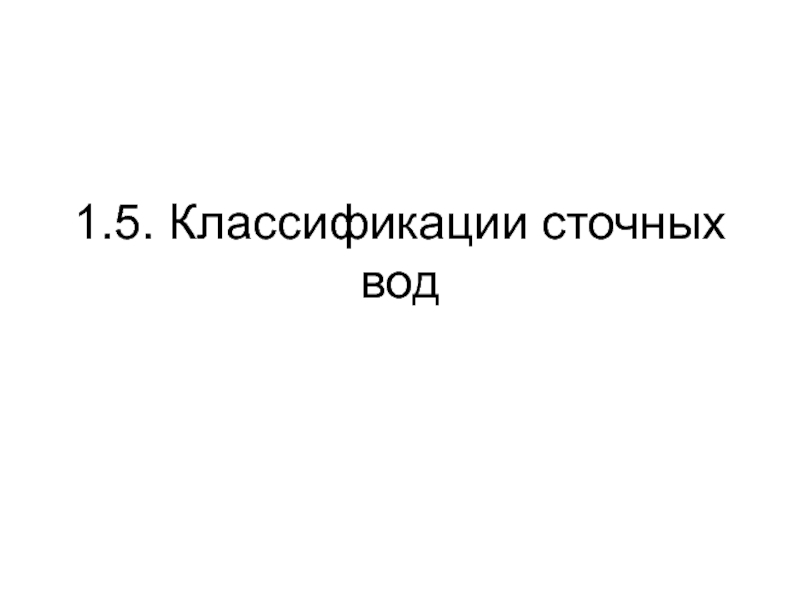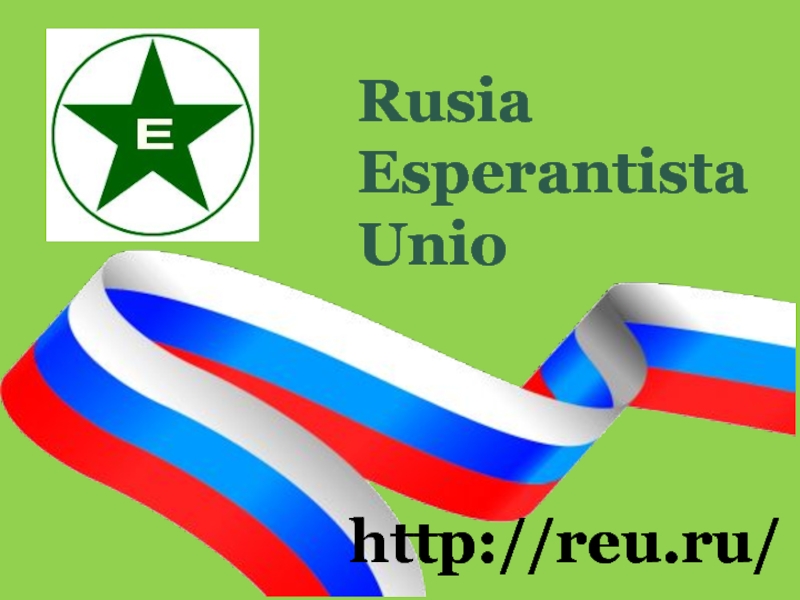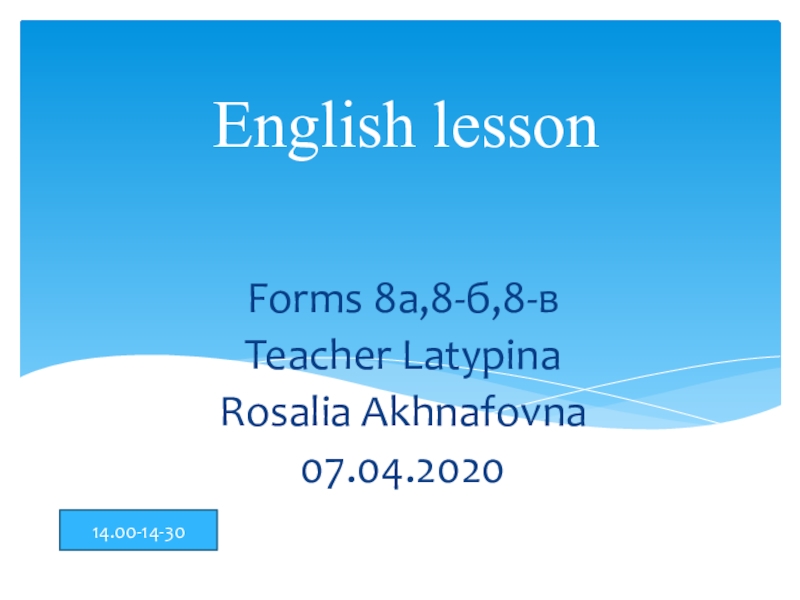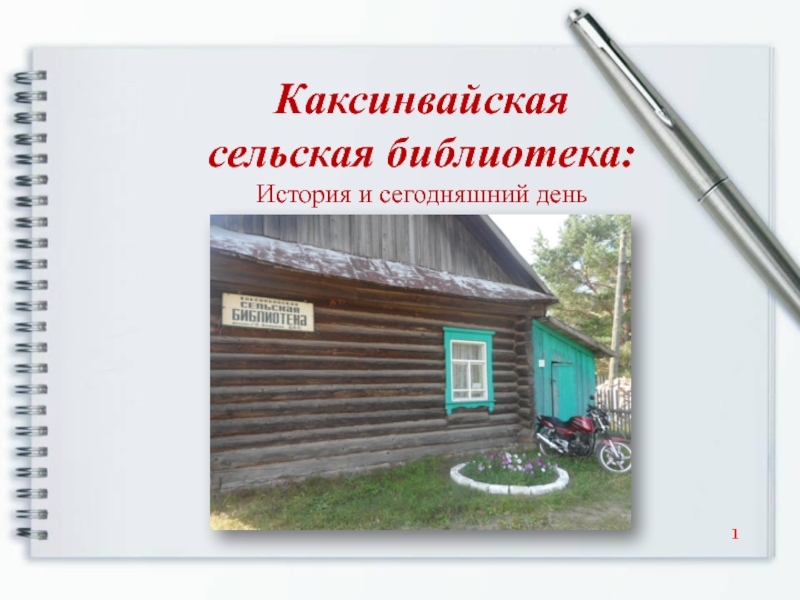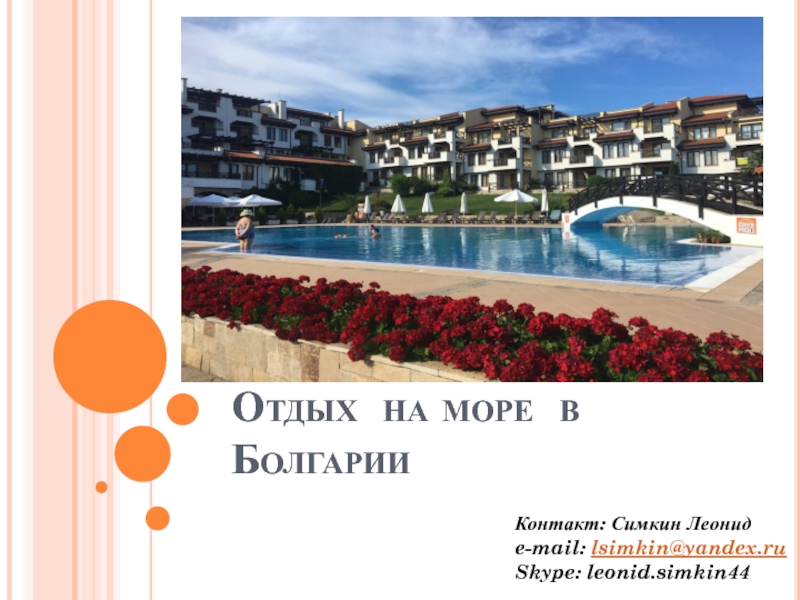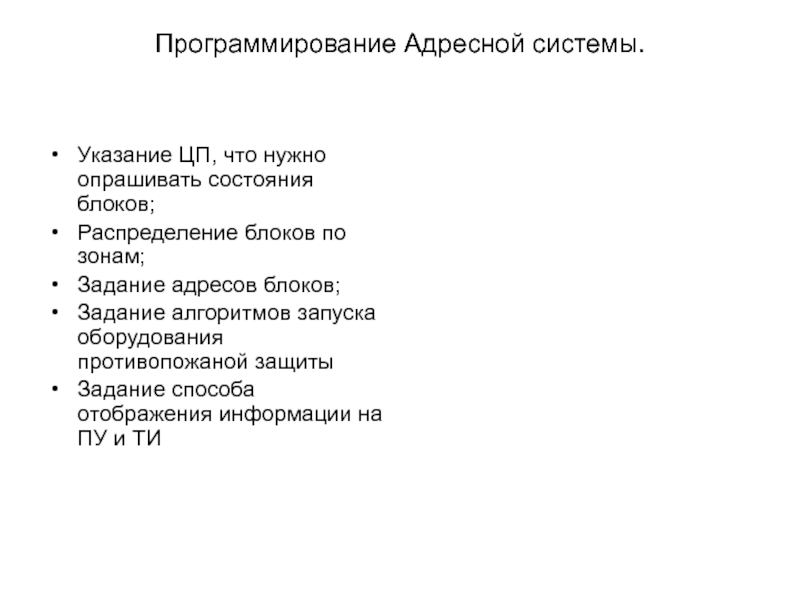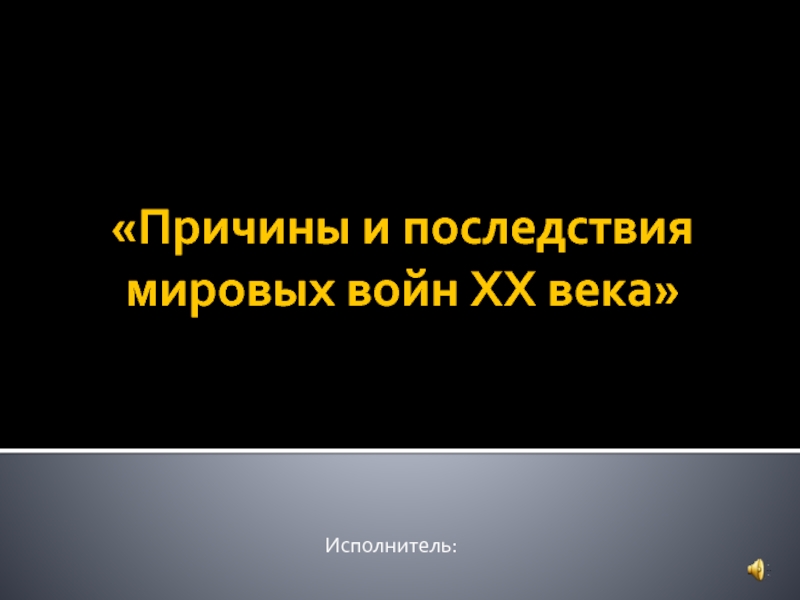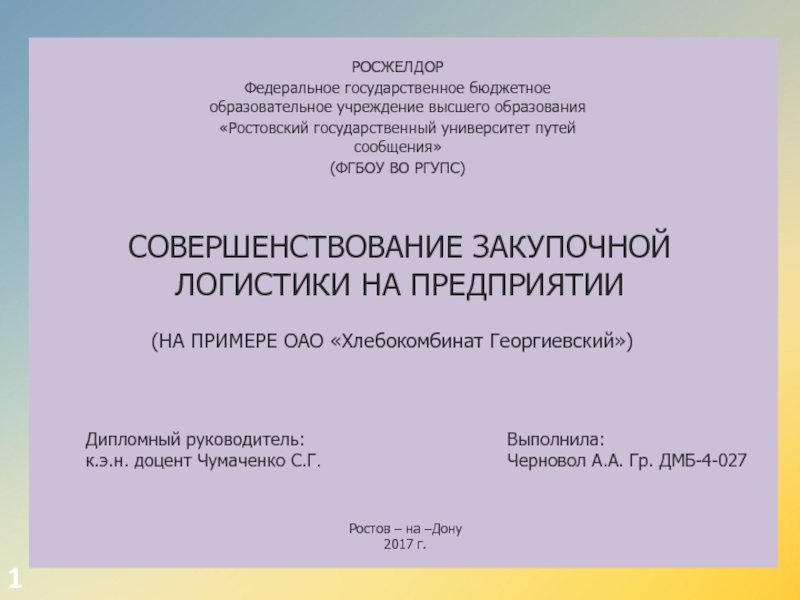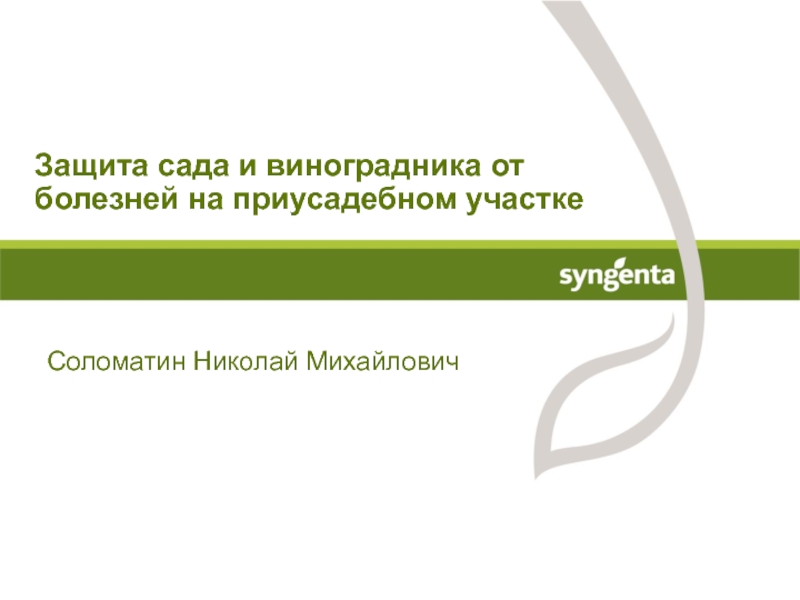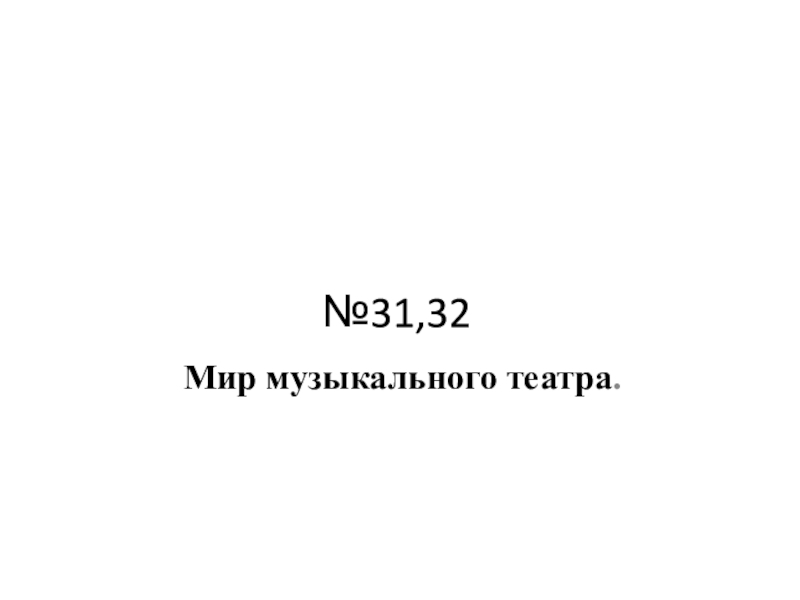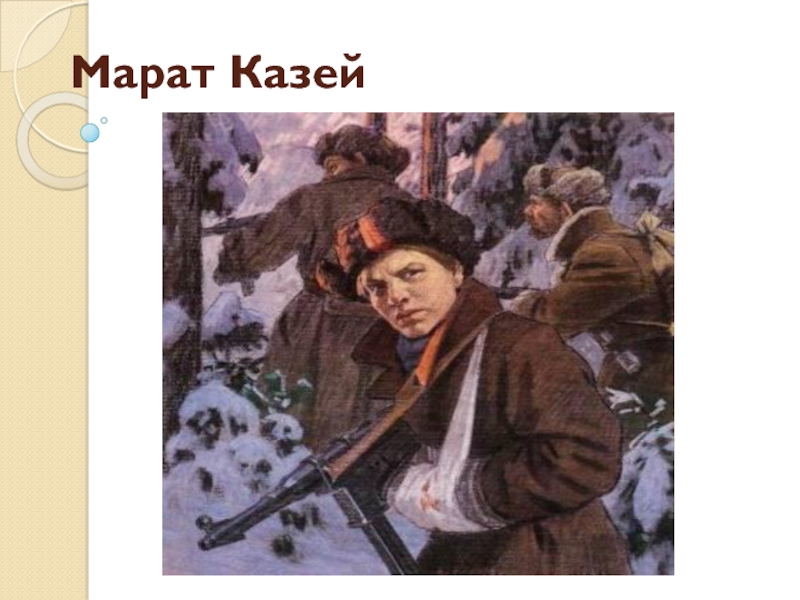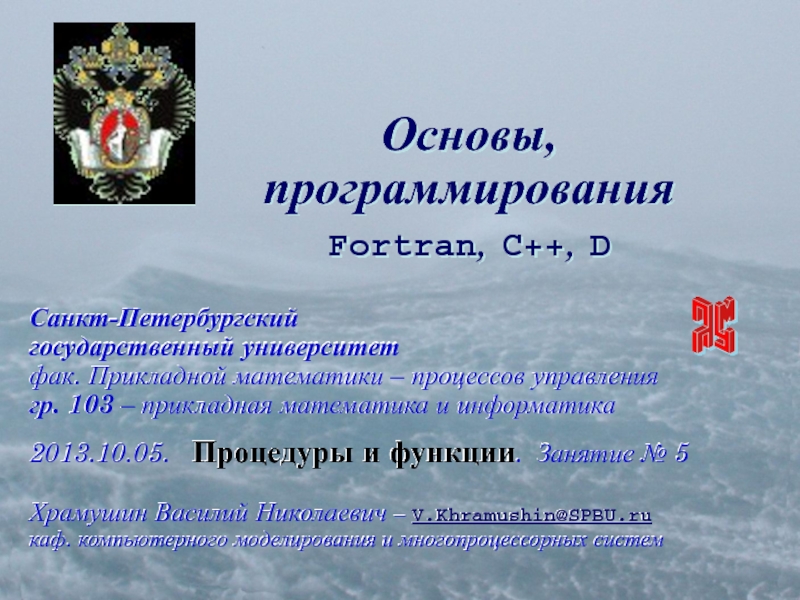Слайд 1Juristic persons and the crown
Слайд 2Key Words and Word Combinations
1. ownership
2. to raise capital
3. enterprise
4. disposition of profits
5. sole proprietorship
6. assets
7. to take the risk
8. income tax
to settle the debts
articles of co-partnership
shares of stock
a board of directors
executive officer
to owe
bankruptcy
partnership
loan
собственность; владение
привлекать инвестиции, капитал
предприятие
использование прибылей
индивидуальное частное предприятие
имущество; капитал; ресурсы; фонды; активы
рисковать
налог на доходы, подоходный налог
уплатить (погасить) долг
устав товарищества
акции; доля в акционерном капитале
совет директоров
должностное лицо с исполнительными функциями
иметь долг, задолжать
банкротство
товарищество
ссуда, кредит
Слайд 3Exercises:
Ex.1: Match the words with their Russian equivalents
1. type of ownership
2. continuity
of the enterprise
3. to keep the profit
4. to pay tax
5. financial ruin
6. legal entity
to
pay debts
a. распоряжаться доходами
b. оплачивать долги
c. финансовый крах
d. обеспечение преемственности бизнеса
e. субъект права
f. форма собственности
g. платить налоги
Слайд 4Ex.2: Read the text and name the three forms of
business organization
HOW A BUSINESS IS ORGANIZED
There are many legal forms
of organization. The form of organization means the type of ownership. The main differences between the types of ownership are their ability to raise capital, the size and continuity of the enterprise, the disposition of profits, and the legal obligations in the event of bankruptcy.
A sole proprietorship is a business owned and operated by a single person. The sole proprietor owns all the business assets, makes all the decisions, takes all the risks, and keeps all the profits of the business, but he also has to supply all the capital, and his ability to borrow is limited to his personal amount of money and wealth. The business itself pays no tax, but the owner must pay personal income taxes on his profits. The sole proprietor runs the risk of financial ruin. He must use his personal property to settle the debts of the business if he goes bankrupt.
A partnership consists of two or more people who share the ownership of a business. A partnership begins with a legal agreement known as the articles of co-partnership. Partners own all the assets, owe all the debts, make the decisions, and share the profits. In a partnership the personal wealth of all partners can be used to secure loans and credit. This personal wealth may also be used to settle the debts of the business. The partnership has unlimited financial liability in the event of bankruptcy.
The corporation is a legal entity which is chartered by the state in which it is incorporated. As a legal entity, the corporation can own property that is not a personal wealth of its owners. The corporation can enter into business agreement on its own. The ownership of the corporation is divided into shares of stock. The stockowners vote for a board of directors who hire a president or chief executive officer to run the company. The board of directors also decides what to do with the corporation’s profits. The liability of corporation is limited to the value of the assets of the company. The personal wealth of the stockholders cannot be used to pay debts in case of bankruptcy.
The best form for a particular enterprise depends on its capital requirements and the number of owners.
Ex.3: Answer the questions
1. What does the form of organization mean?
2. What are the differences between the types of organization?
3. What does the sole proprietor own?
4. How many people share the ownership of a partnership?
5. What happens to the profits of a corporation?
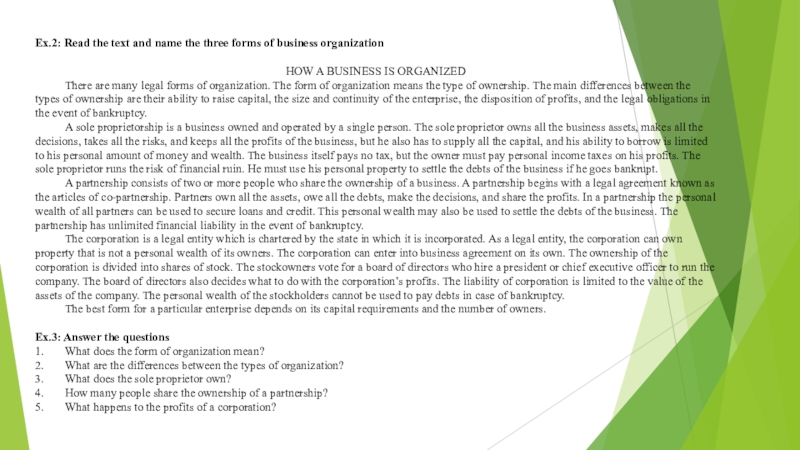
Слайд 5Ex.4: Read the paragraph and fill in the gaps with
words given below in brackets
The money needed to start a
business is called capital. If a person does not have enough ... he may borrow some from the bank in the form of a loan. Before the bank will give a ... he must put some security (such as his house) in case he cannot pay back the money.... is also called collateral. If a business owned by one man (a sole proprietor) runs into trouble, the owner is liable to pay all the debts to his creditors, even if he has to sell his private possessions. A ... proprietor is personally ... to his ....
(capital, creditors, liable, loan, security, sole)
Sometimes two or more people own and run a business. This is called a partnership. People who invest money in a business are called investors or backers. The ... in a ... are all partners and owners. Usually all the ... have ... unlimited liability for ... to creditors. A partner who ... money in a partnership but who does not run the business is called a sleeping .... Sometimes a ... partner can have limited ... (his liability is ... to the amount of money he invests).
(backers, debts, invests, liability, limited, sleeping, partner, partners, partnership, personal)
All the ... in a limited company have limited liability. Investment in a... company is in the form of shares. Everyone who buys... in the company is a share-holder. The liability of each ... is limited to the amount of his ... . If a person has ... in a company, he is said to have a stake or holding in the company. If he holds 20% of the shares, he has a 20 % .... If a ... has more than a 50%..., he is a majority shareholder and he has a ... or controlling interest in the company.
(shares, shares, shareholder, shareholder, stake, investors, investment, limited, holding majority)
4. Capital which is borrowed is called loan .... Capital obtained from ... is called share capital or equity capital. I he ratio between the ... capital and the ...capital determines whether a company has a high gearing or a low .... A company which is highly geared has a high proportion of... capital. A company which is low ... has proportionately more ... capital.
(loan, loan, capital, equity, equity, investors / investment, geared, gearing)
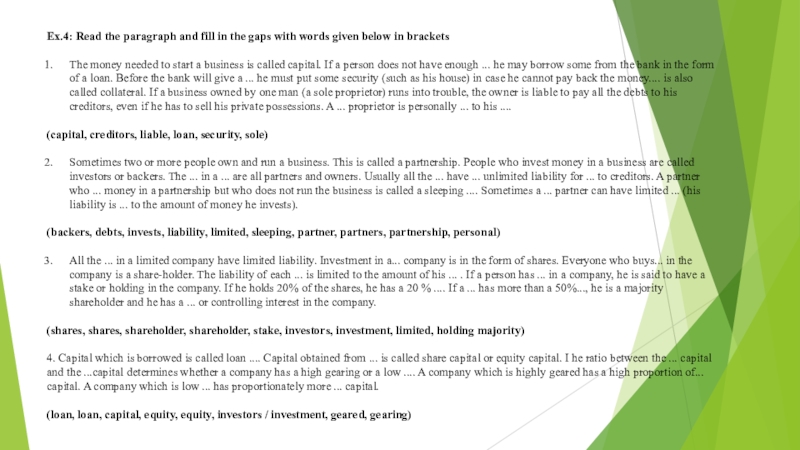
Слайд 6Ex.5: Complete the sentences in the most suitable way
1. A
partner is...
a. any person who signs any kind of legal document.
b. a
person or group of people who take part in a legal agreement
c. one of two or more people who runs a business.
2. A sole / individual proprietor is...
a. the managing director of the company.
b. an individual carrying out economic operations in different spheres of business activities and concluding commercial deals on his own behalf
c. a hired person who is in charge of the operation of the company
Слайд 7THEORY
The Gerund
Герундий
Неличная форма глагола (у которой нет лица, числа, наклонения
и которая не может быть сказуемым), которая выражает процесс, происходящий
во времени. Действие, обозначаемое герундием, всегда соотносится с каким-либо лицом или предметом, которое это действие выполняют или на которое это действие направлено.
В русском языке герундий отсутствует.
Ex.: I go in for swimming. - Я занимаюсь плаванием.
Слайд 9THEORY
The Indefinite Gerund – обозначает действие, которое происходит одновременно с
действием, заложенным в глаголе – сказуемом
The Perfect Gerund – обозначает
действие, которое предшествует действию, заложенному в глаголе – сказуемом
1) N.B. The Indefinite Gerund:
After the verbs: remember, excuse, forgive, thank.
After the prepositions: on (upon), after, without.
□ I don’t remember hearing the legend before.
□ You must excuse my not answering you before.
Слайд 10THEORY
2) N.B. After the verbs: want, need, deserve, require, be
worth the Gerund is used in the active form though
it is passive in meaning
□ The room needs painting.
□ The film is worth seeing.
□ The child deserves praising.
Слайд 11THEORY
На русский язык герундий переводится глаголом (инфинитивом), существительным или придаточным
предложением:
Слайд 18Exercises:
Ex. 1. Translate the sentences from English into Russian and
write down the Gerund in brackets.
1. Could you please stop
making so much noise? 2.1 don’t enjoy writing letters. 3. Does
your work involve meeting a lot of people? 4. I considered taking the job but in the end I
decided against it. 5. If you walk into the road without looking you risk being knocked down by
a car. 6. I don’t fancy going out this evening. 7. The batteries of this radio need changing.
8. Do you think the grass needs cutting? 9. Before going out I phoned Ann. 10. Tom left
without finishing his dinner. 11. I wonder what prevented him from coming to the party.
12. The arrested man was suspected of breaking into the house. 13. Have you ever thought of
getting married? 14. I had difficulty in finding a place to live. 15. Do you think this book is
worth reading?
Слайд 19Exercises:
Ex. 2. Supply Gerund forms for the words in brackets.
1.
The baby started crying when he woke up, and went
on (cry) all the morning.
2.He didn’t want to lose any more money, so he gave up (play) cards. 3. Imagine (keep) a
snake as a pet! 4. Please go on (write); I don’t mind waiting. 5. He offered to buy my old car,
if I didn’t mind (wait) a month for the money. 6. The taxi-driver tried to stop in time, but he
couldn’t avoid (hit) the old woman. 7. At first I enjoyed (listen) to him, but after a while I got
tired of hearing the same story again and again. 8. My watch keeps (stop). — That’s because
you keep (forget) to wind it up. 9.1 suggest (telephone) the hospitals before asking the police
to look for him.
Слайд 20Exercises:
Ex. 2. Supply Gerund forms for the words in brackets
1.
He remembered (cross) the road, but he didn’t remember (knock
down). 2.1 am still hungry in spite of (eat) four sandwiches. 3. He got into the house by (climb) through a window, without (see) by anyone. 4. He went to bed at 9 p.m. in spite of (work) late. 5. He complained of (give) a very small room at the back of the hotel. 6. The little girl isn’t afraid of dogs in spite of (bite) twice. 7. The baby went to sleep a few minutes after (feed). 8. The little girl never gets tired of (ask) her mother questions, but her mother often gets tired of (ask) so many questions. 9. Mary was chosen to fill the vacancy. She was very pleased (choose). 10. I always treat people politely and I insist on (treat) politely. 11. The boy was very thirsty in spite of (drink) a big cup of tea.
Слайд 21TEST
Ex. 1. Open the brackets using the correct form of
the Gerund.
1. The attorney for defense has finished (to examine) witnesses.
2. The
public in the courtroom enjoyed (to listen) to his arguments.
3. This bill needs (to polish).
4. This case wants (to discuss).
5. Will you please go on (to testify)?
6. I don't mind you (to sue) against him.
7. The prosecutor is sure of the legal procedure (to start in time).
8. Thanks for (to give evidence).
9. He is too fond of (to take part) injury selection.
10. We look forward to (to hear) a verdict.
Ex. 2. Translate into English.
Использование прибылей, ресурсы /капитал, налог на доходы, погасить долг, ссуда / кредит
Слайд 22Ex. 3. Read the text and answer the questions
As General
Counsel, Ann Shuman is responsible for advising senior management and
the DTCC Board of Directors on legal and regulatory matters. She also manages the company’s global legal team and serves on a variety of internal governance committees. Even though she states: «that’s really no different from the General Counsel role at any large, regulated company», she does say that one of the most challenging aspects of the job for any General Counsel is balancing one’s time between acting as the senior legal adviser to the firm and serving as the leader of a group of busy professionals who cover a breadth of complex legal issues, where
you can’t possibly keep up with all of the substantive matters they ’re working on. Ann explains: «DTCC is fortunate to have a great group of lawyers with deep expertise and experience in a corner of financial services that can be arcane, but is also indispensable to the smooth functioning of the securities markets».
In this exclusive interview, Ann speaks more on her role and the financial sector.
What legal and regulatory challenges does the financial services industry face? How does DTCC help guide the industry in the best way possible in response to these challenges?
The industry has experienced a tremendous pace of change since the financial crisis. In fact, regulators are still finalizing rules governing new requirements in some areas, whilst at the same time regulators and legislators are starting to assess the impacts and effectiveness of rules issued earlier. DTCC plays a unique role in the industry because our clearing agencies and trade repositories are critical tools for satisfying the new requirements. In particular, clearing has become much more important. Our services help the industry comply with the new rules, better understand and manage risk and reduce capital pressures.
Answer the following questions:
What are Ann Shuman’s responsibilities?
What is one of the most challenging aspects of Ann Shuman's job?
What makes the role of DTCC in the financial industry so unique?
